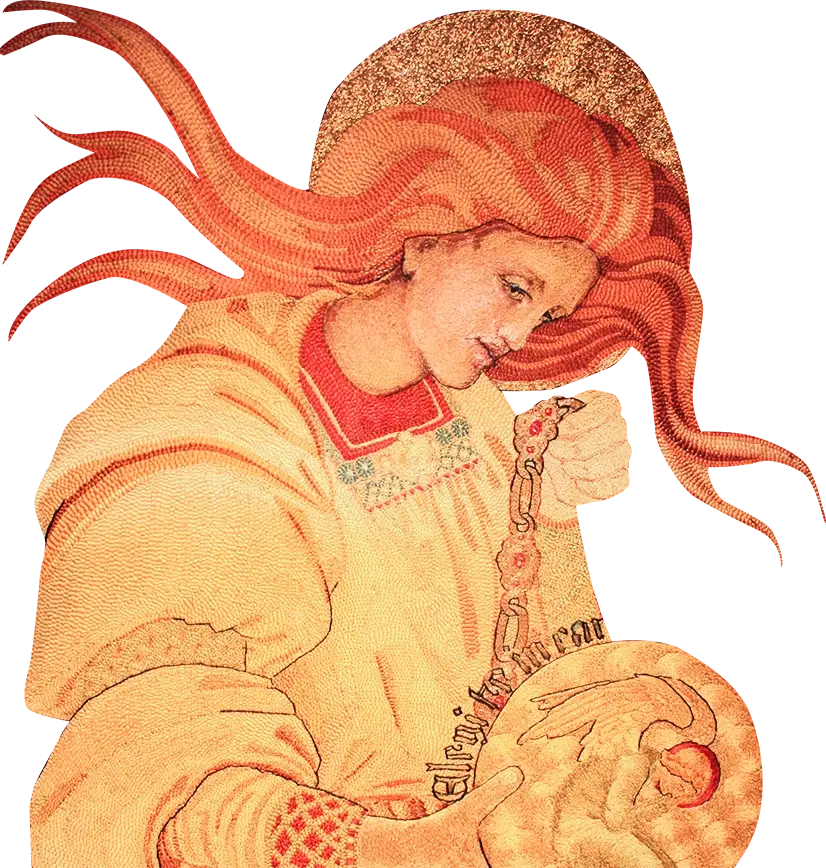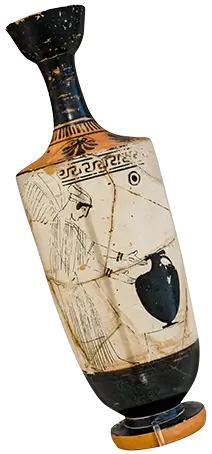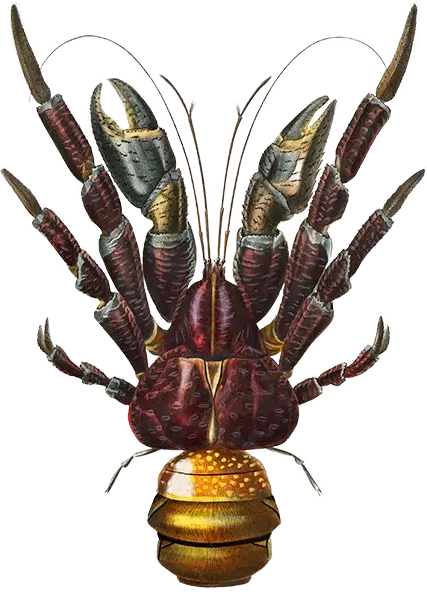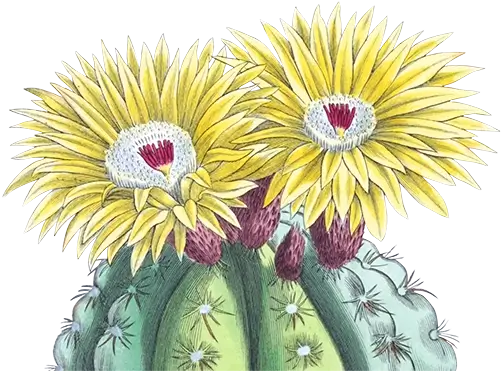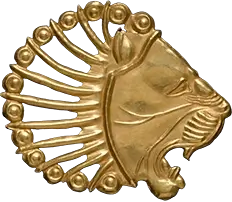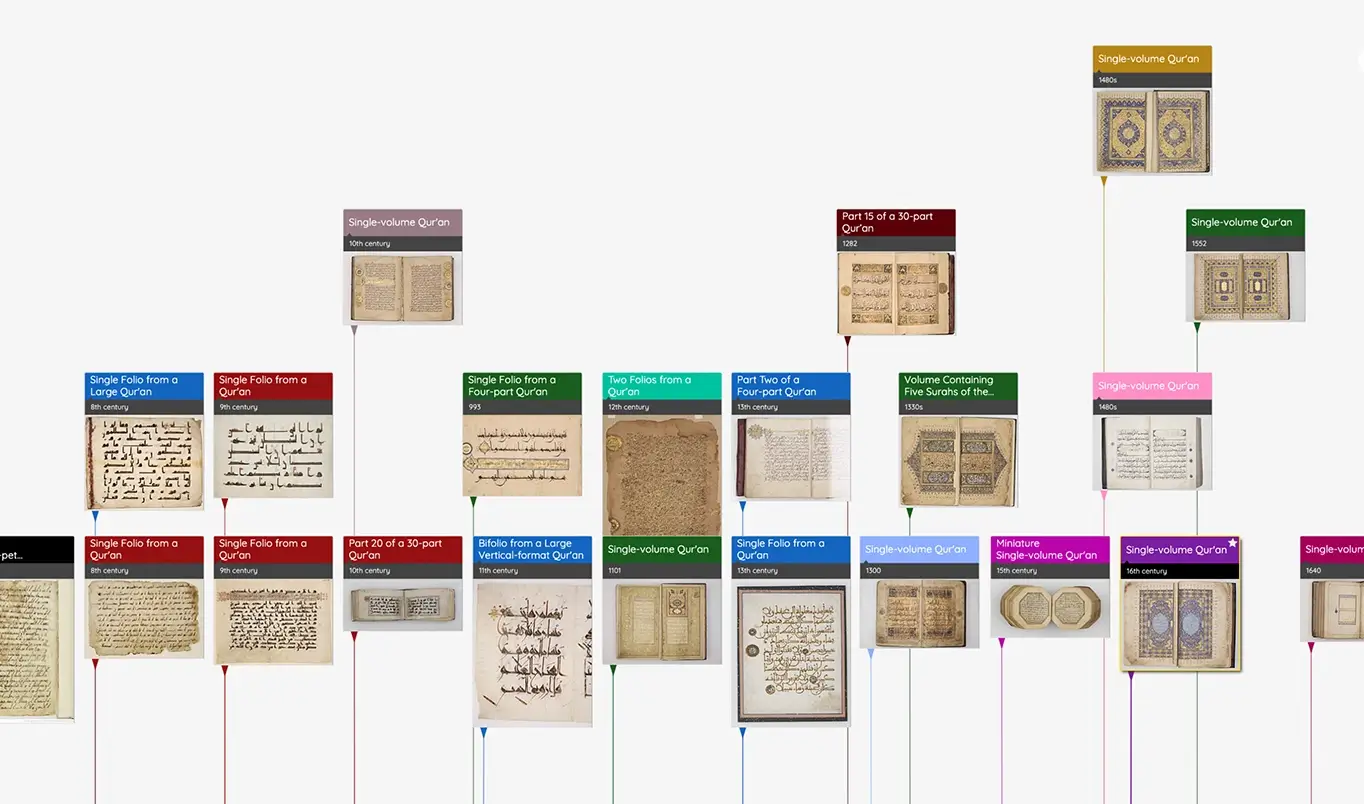The long-term outcome of this aim is that Wikimedia projects reflect the world in all its diversity and are free from systemic bias. This work encompasses projects to unpick global north bias; to shed light on people, communities, languages and events which have been oppressed by the systems devised through colonialism. The driver is that with incomplete or biased information online, we will continue to struggle to create an informed and engaged democratic society.
Making Wiki work for Wales. Image: Morning Sun at Three Cliffs Bay, Gower. Author: Mjw999. CC BY-SA 4.0.Details
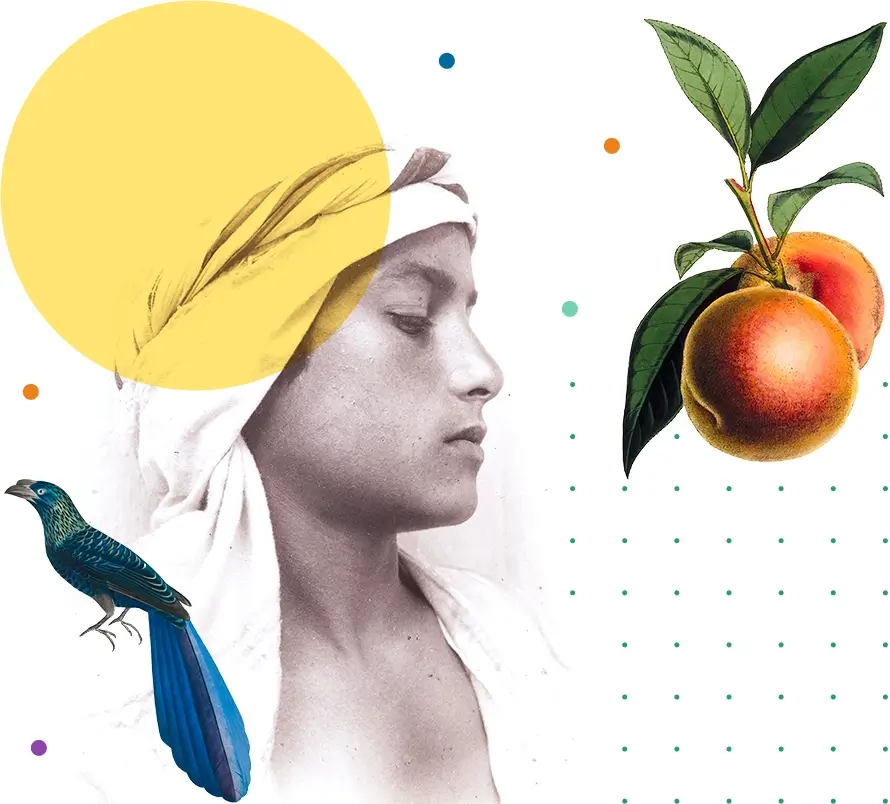
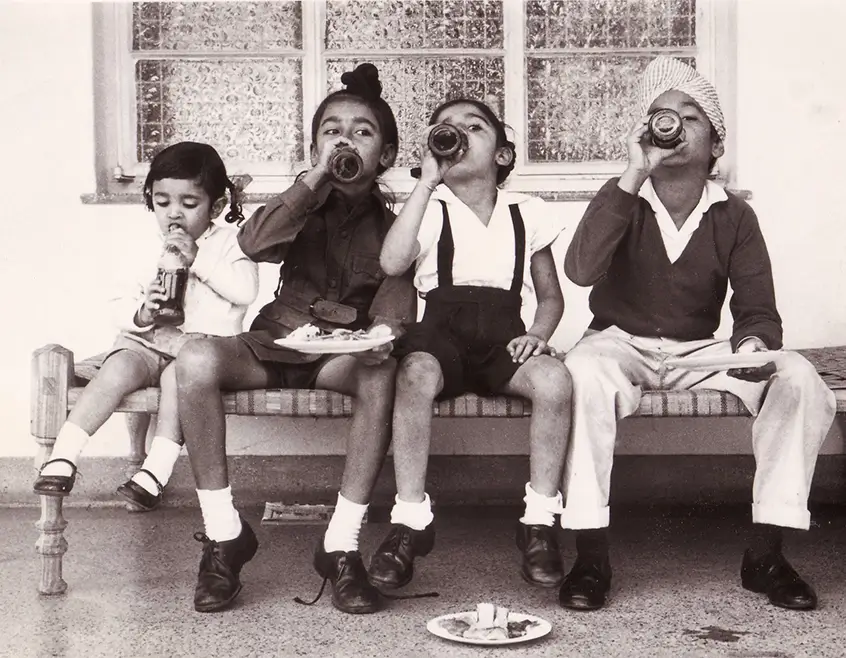
- Public domain
Arusha. Kenya. 1964 by Amarjit Chandan / Gurdeepdali.Details
A notable new collaboration took place with VocalEyes, ensuring that data is available for Heritage site accessibility. Activities and partnerships delivering projects around decolonisation and marginalised knowledge and communities were a core of our external partnerships, through content or community collaborations.
51% of our events focused on underrepresented content during 2022-23; a higher rate than the previous two years. Our continued drive to decentralise events resulted in 68% of events having a geographic focus outside of London, the same as in the previous year. Articles were created in 18 languages and Wikidata, articles improved in 65 languages and Wikidata, and images uploaded to Commons in 42 languages and 390 language versions.
An update from Scots Wikipedia, from Wikimedia UK. Image: Kyles of Bute (NBY 441486) by Public Domain / Fæ.Details
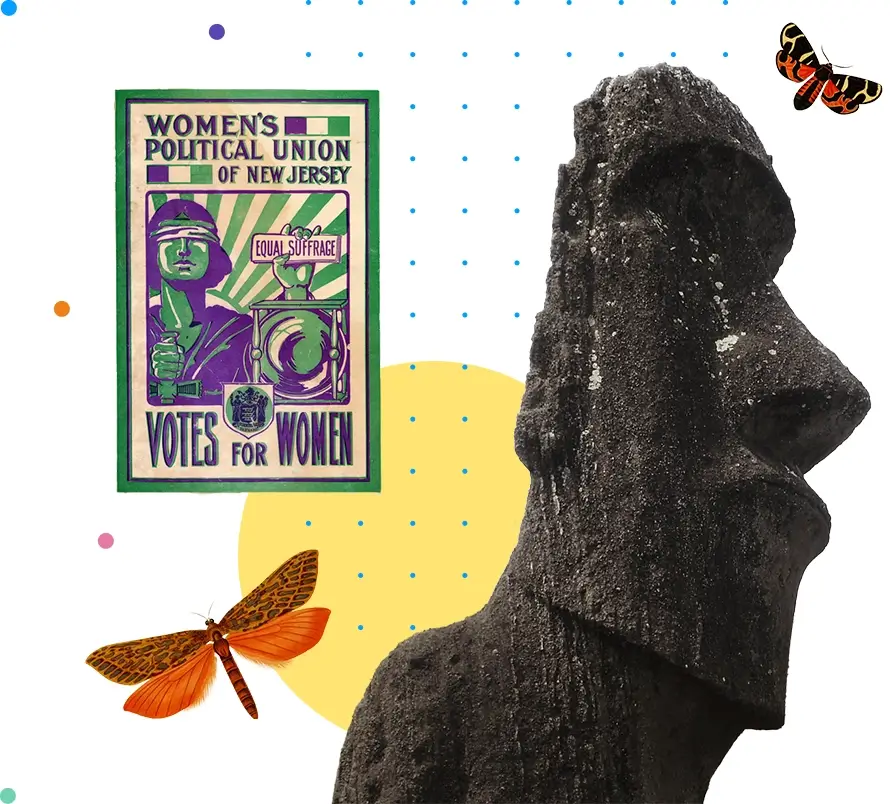
Wikimedia provides a platform that allows anyone to become a collaborator with one of the world’s great museums.
Our partnership with the London College of Communication, who seconded a staff member to Wikimedia UK and in turn organised the Decolonising Wikipedia Network, was completed in 2022-23. This partnership went a long way towards exploring and formalising the meaning of ‘decolonisation’ for Wikimedia and how it can be approached across the Wiki projects.
Through a new community-focused post in 2022-23, we have been able to identify and engage with previously underrepresented groups, demystifying Wikimedia and delivering skills for sharing and engaging with open knowledge. Our funding requests are also developing to ensure that we seek within them funds to break the barriers of participation: caring costs, data costs, travel costs and speakers’ honorariums.
Waqās Ahmed on Knowledge Equity and Wikipedia.. Image: Khalili Collection Islamic Art jly 1857 blk.1 by Khalili Collections / MartinPoulter.Details
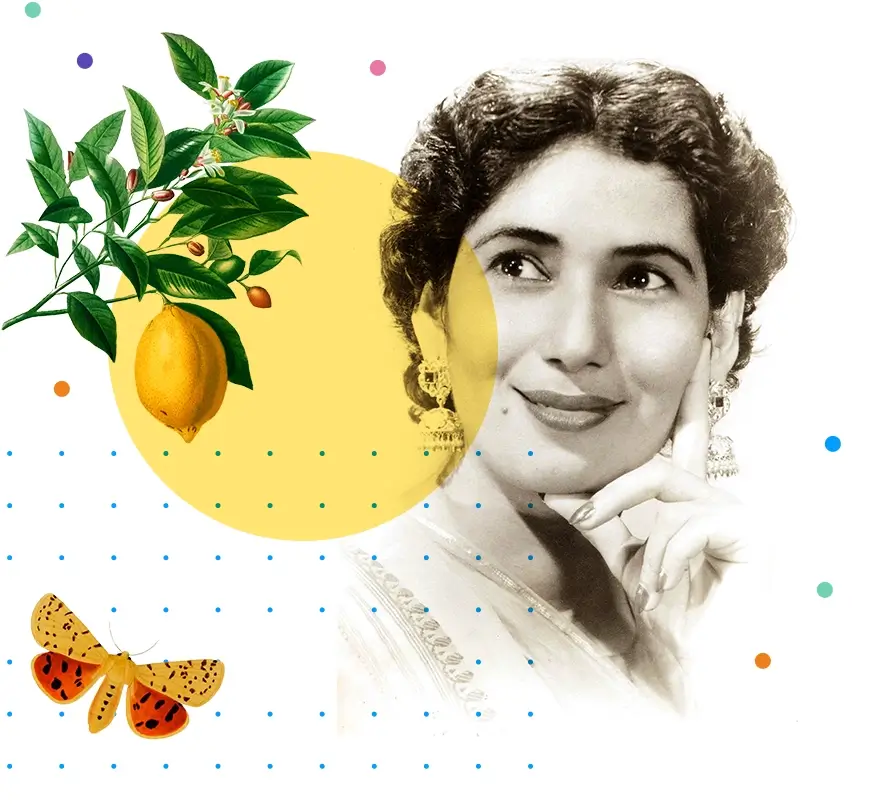
Our commitment to supporting minority and minoritised-language wikis continued as we partnered with Wikimedia Deutschland to deliver the Celtic Knot Language Conference. This focus continues to involve communities far outside the UK, bringing collaboration, information and shared experiences to inspire and inform where language is threatened, whether through historical or current systems of learning.
